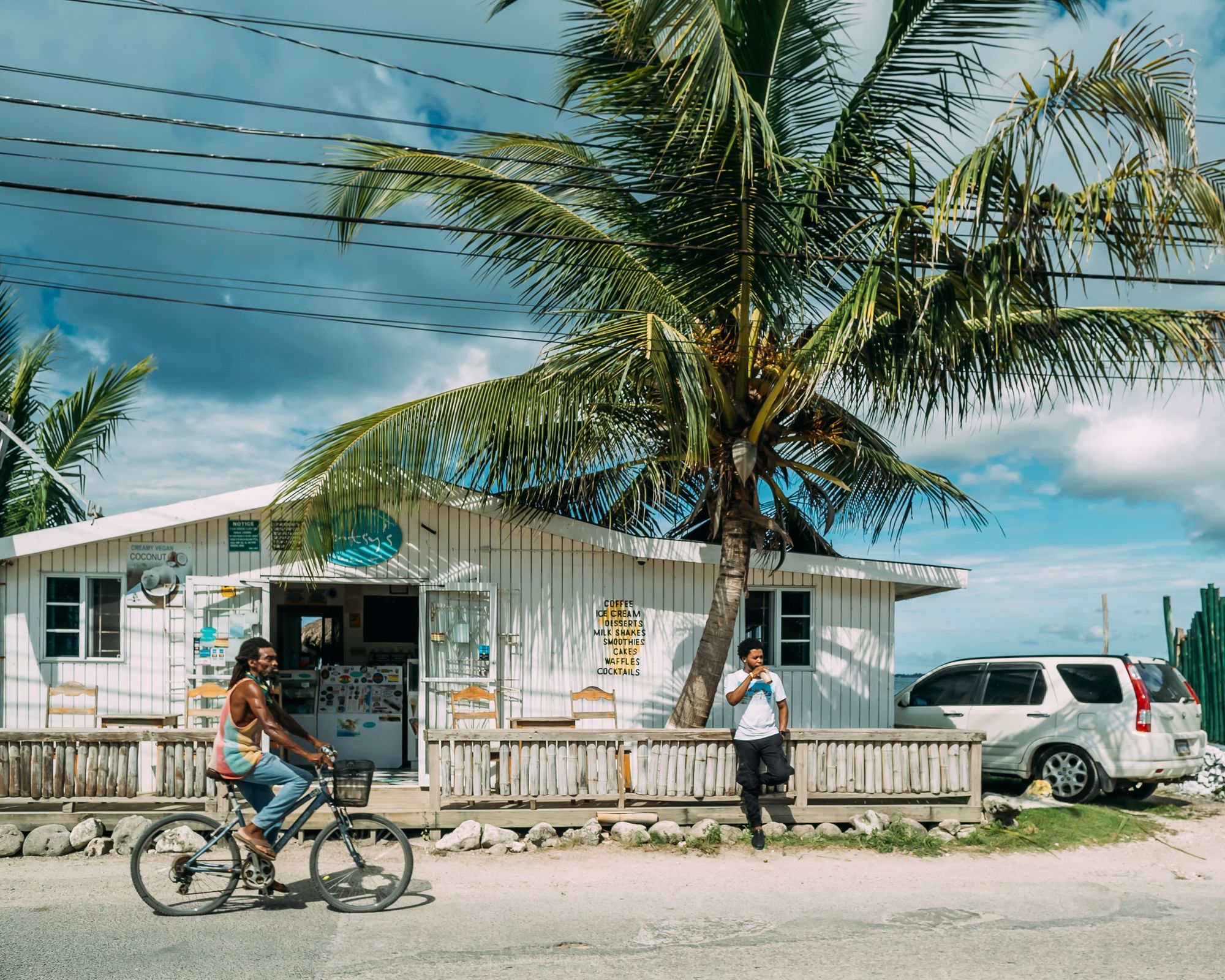The full Jamaica report has recently been published in the Oxford Compendium of National Legal Responses to Covid-19. The newly added sections of the report, Parts V and VI, are authored by Gabrielle Elliott-Williams and Tracy Robinson. Part V is concerned with social and employment protection mechanisms in Jamaica in response to the pandemic, and Part VI considers the impact of the pandemic on human rights and vulnerable groups in Jamaica.
Part V begins by noting that Jamaica is described by the World Bank as an upper middle-income economy, and that it experiences low growth, high public debt, and is vulnerable to external shocks. Indeed, in 2019 the poverty rate in Jamaica was 11%, but the World Bank estimates that it grew to 23% in 2020 as a result of Covid-19 [83]. The primary source of social protection during the pandemic was the COVID Allocation of Resources for Employees (“CARE”) Programme. The programme was aimed at improving the purchasing power of persons who had lost their income stream, providing relief to the poorest, and giving modest assistance to those in the informal economy [85].
The pre-existing Programme of Advancement Through Health and Education ("PATH"), Jamaica’s chief social assistance programme, is a conditional cash transfer programme which targets poor persons and families for assistance. Between April and June 2020 all PATH recipients automatically received an additional payment, and it was reported that expenditure on the programme increased 40% on 2020/21 fiscal year, compared to 2019/20. Furthermore, in November 2021 it was announced that approximately 10,000 families which were not PATH beneficiaries, but which had been adversely affected by the pandemic, would benefit from cash transfers.
Both contributory and non-contributory pension coverage is low in Jamaica. While the Government has made some efforts to address this problem in the context of the pandemic, its efforts have been undersubscribed. The Government hopes to expand its programme through 2023 [89]. In general, there has been a lack of law reform in response to the pandemic across a number of important social and employment protection areas.
Part VI sheds light on a number of interesting human rights related issues in Jamaica during the pandemic. From June 2020, all persons who were subject to quarantine measures were required to download the JamCovid app onto their mobile devices. This app generated location data and required input of symptoms such as temperature. Privacy considerations were addressed in this regard by the legal requirement that data could be disclosed only to members of the police force designated by the Commissioner of police, not below the rank of Inspector, and a Medical Officer, and that the data should be deleted upon the expiration of the quarantine period [111].
The gendered impact of the pandemic appears to have been significant in Jamaica. Though there is a lack of reliable data on the prevalence of violence against women either before or during the pandemic, the relevant Minister noted an increase in domestic violence cases [114]. In an incident reported during the pandemic, a woman fleeing domestic abuse was turned away at a police station and told to return outside of curfew hours. The report notes the incident was subsequently investigated and addressed, but that it was in keeping with persistent failures [115].
The full Jamaica report provides a clear and detailed account of legal responses to Covid-19 in Jamaica, and will be an extremely valuable source of information going forward.
TWEET
